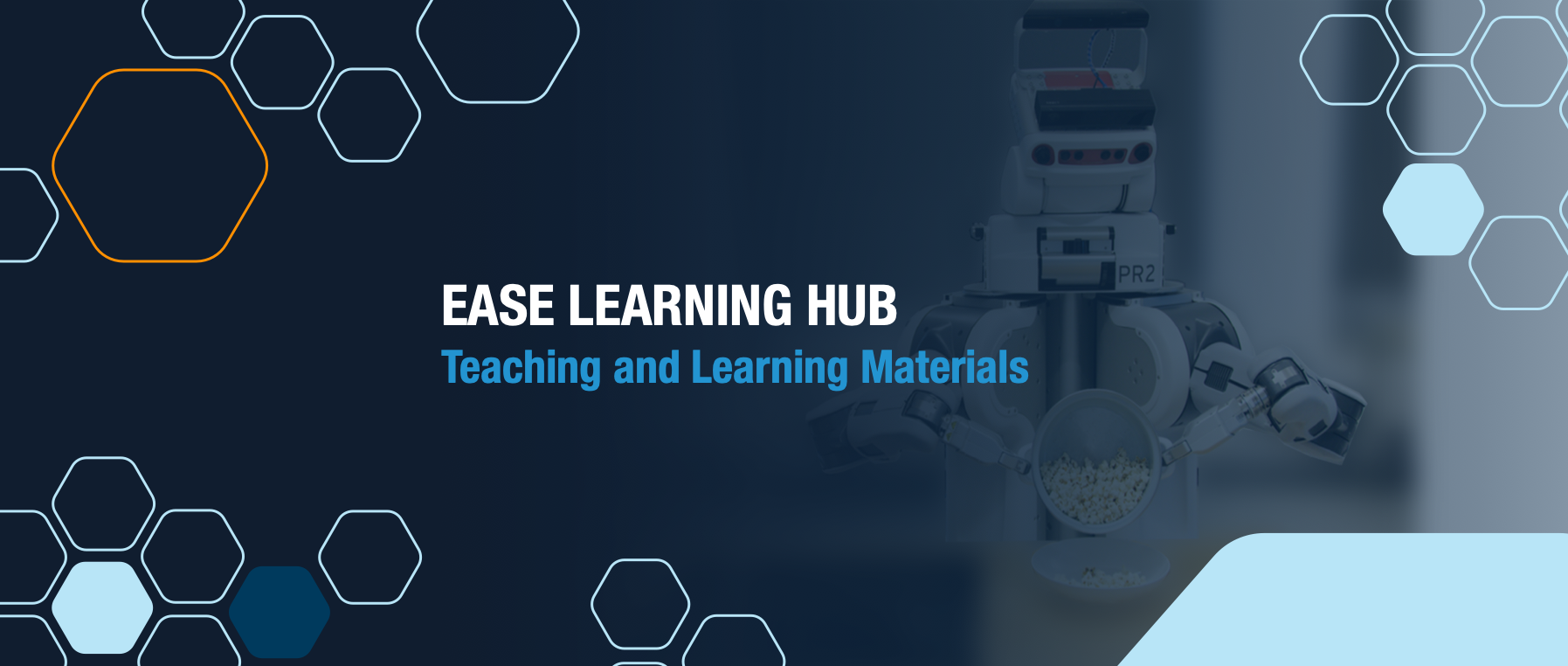Cognitive Architecture design and the Common Model of Cognition
Part 3: In his third and final lecture, David Vernon discusses recent developments in cognition research. He addresses the common model of cognition that emcompasses approaches in Artificial Intelligence, Cognitive Science, Neuroscience, and Robotics. It is mainly based on the book "Unified theories of cognition" by Allen Newell, a leading investigator in computer science and cognitive psychology. Newell states that cognition takes place over multiple timescales (from millisecond-level to year-level and everything in between).

